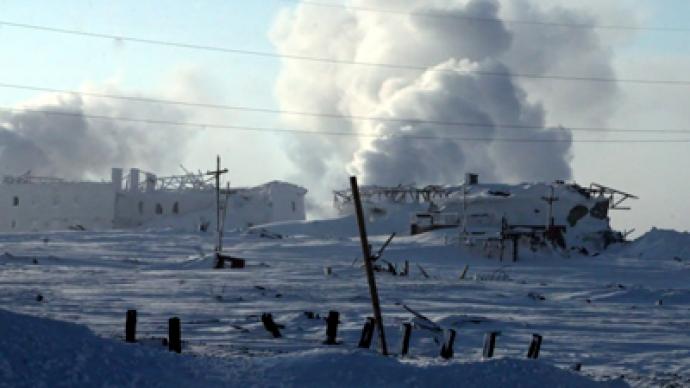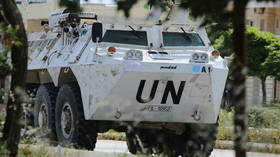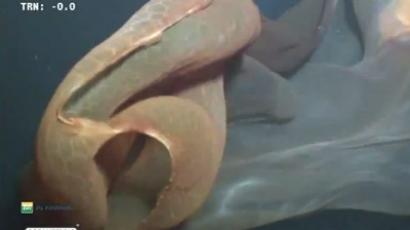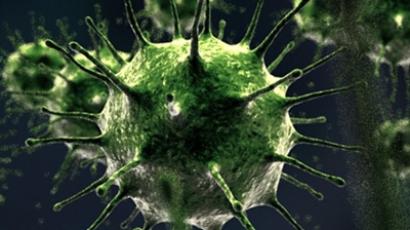Bacteria from Siberia capable of living on Mars – study

A group of American-Russian scientists have found several types of bacteria from Siberian permafrost, which can grow in harsh conditions similar to those on Mars. It could potentially mean that Earth microbes can survive on the Red Planet.
Some of the genus Carnobacterium microbes have already been found to exist in cold climates around the world – such as Alaska and in the oxygen-poor waters of Ace Lake in Antarctica.
Researchers from the Department of Microbiology & Cell Science at the University of Florida took samples of bacteria from the sand deposits, on the bank of the Kolyma River in northeastern Siberia.
After extracting the samples from a depth of 12-20 meters where the soil has an average annual temperature of -7 °C, scientists grew bacterial colonies at 28 °C in normal atmospheric conditions.
The bacteria were then tested in Martian conditions – exposed to a lack of oxygen, extremely negative temperatures, and very low pressure – which hinder the growth of most terrestrial microorganisms.
After the 30-day experiment, only six of the 10,000 isolates were able to grow under these conditions.
All of the surviving isolates were members of the genus Carnobacterium- as reported by the scientific quartet of Wayne L. Nicholson, Kirill Krivushin, David Gilichinsky and Andrew C. Schuerger , in the journal "Proceedings of the National Academy of Sciences."
Scientists say these results are important to assess the possibility of life on Mars.
However, a Russian-American group of physicists recently highlighted a barrier to microbes surviving on Mars.At the 43rd Lunar and Planetary Science Conference in Texas, they found radiation levels on the surface of the Red Planet is so high, that at a depth of around 10 centimeters the existence of organic matter is believed to be impossible.














